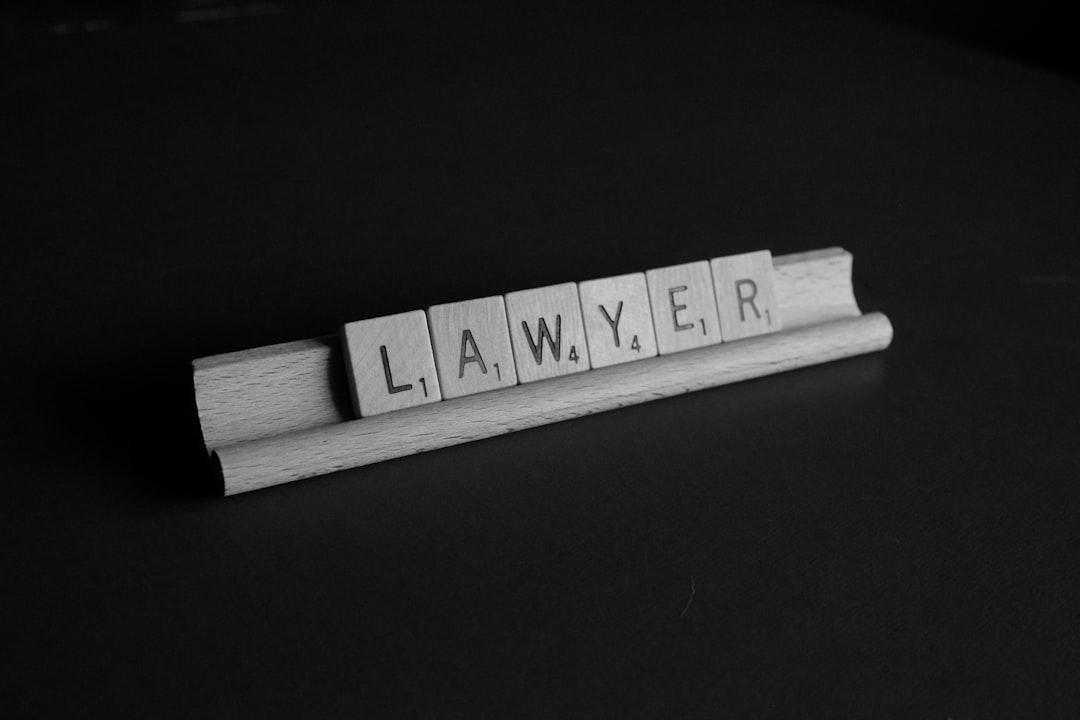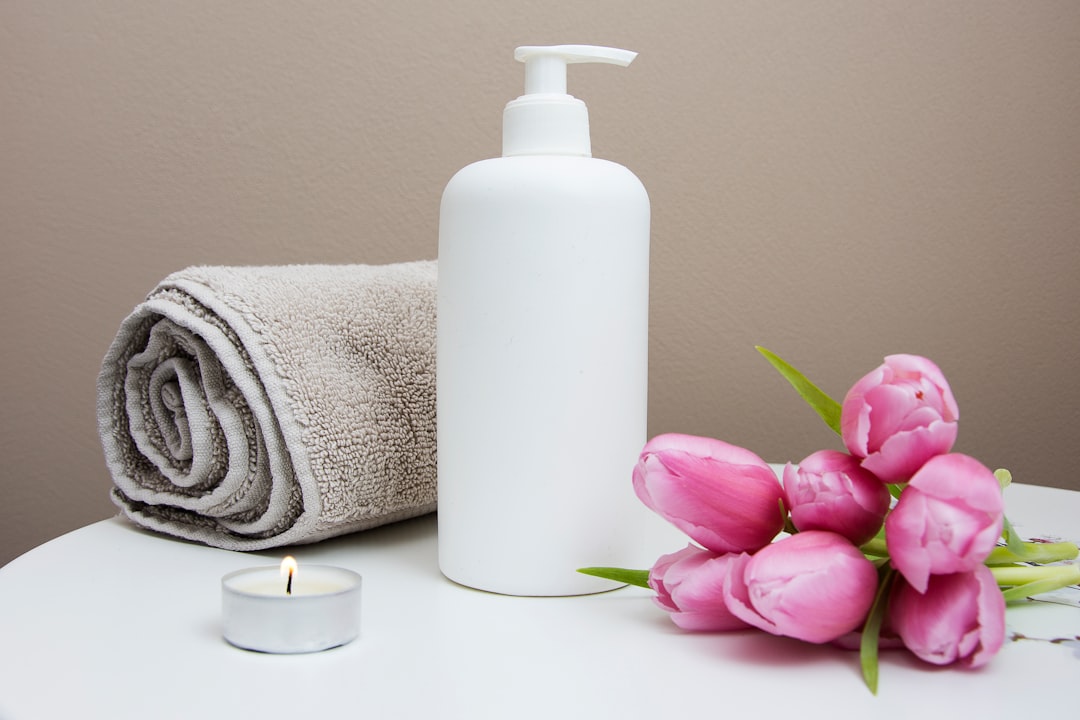In New Jersey, despite some regulations, there's a pressing need for stronger measures to protect clients from massage sexual assault. Current licensing requirements fail to ensure thorough background checks or specialized consent training for therapists. Victims are turning to massage sexual assault lawyers to advocate for their rights and push for industry-wide reforms. These lawyers play a vital role in raising awareness, preventing assaults, and ensuring perpetrators face justice. By implementing stricter regulations, including mandatory training, codes of conduct, and robust reporting, New Jersey can enhance client safety and deter abusive behavior. Massage sexual assault lawyers work to protect consumers and improve the industry through advocacy, coalition-building, and well-researched proposals.
In recent years, the rise of massage sexual assault cases in New Jersey has sparked a pressing need for stronger industry regulations. This article delves into the current state of massage therapy standards in the state, highlighting growing concerns regarding safety. We explore the critical role of massage sexual assault lawyers in advocating for change and present the numerous benefits of implementing robust industry-wide safety measures. By examining potential challenges, we chart a course for effective advocacy, aiming to protect clients and ensure a more secure environment for New Jersey’s massage industry.
The Current State of Massage Industry Regulations in New Jersey

In New Jersey, the massage industry currently operates with relatively minimal regulations compared to other service sectors. While there are guidelines in place for businesses, including licensing requirements and health standards, many advocate for stronger measures to protect clients from potential harm. The lack of comprehensive oversight has led to instances of massage sexual assault, highlighting the need for more robust legal frameworks.
Currently, massage therapists in New Jersey must obtain a license through the State Board of Massage Therapy, but these licenses do not guarantee a thorough background check or specialized training in consent and boundaries. This gap in regulation has resulted in cases where clients have been subjected to inappropriate behavior, including sexual assault, at the hands of untrained or unlicensed practitioners. Lawyers specializing in massage sexual assault cases in New Jersey are increasingly important as they advocate for victims’ rights and push for industry-wide reforms to enhance safety and accountability.
Cases of Massage Sexual Assault in the State: A Growing Concern

In recent years, New Jersey has witnessed a disturbing rise in cases of massage sexual assault, casting a shadow over what should be a relaxing and rejuvenating practice. This growing concern highlights the urgent need for stronger regulations within the massage industry to protect clients from such heinous crimes. Many victims have come forward, sharing their traumatic experiences, which have led to increased awareness and calls for action among the public and legal professionals alike.
The cases of massage sexual assault in New Jersey have not gone unnoticed by law enforcement agencies and advocates for victim rights. These incidents have prompted discussions about the vulnerabilities within the current regulatory framework and the potential need for more stringent measures. Massage sexual assault lawyers in New Jersey play a pivotal role in supporting victims, ensuring justice, and advocating for systemic changes to prevent similar tragedies from occurring in the future.
The Role of Massage Sexual Assault Lawyers in Advocacy

In the ongoing fight for stronger regulations within the massage industry in New Jersey, massage sexual assault lawyers play a pivotal role as advocates. These legal professionals are at the forefront, raising awareness and addressing a significant concern—the prevention of and protection against sexual assault within the massage sector. Their expertise lies in understanding the intricate legal aspects related to these cases, ensuring that victims’ rights are upheld and perpetrators face justice.
Massage sexual assault lawyers in New Jersey work tirelessly to educate both the public and industry stakeholders about the prevalence and seriousness of such incidents. They provide crucial support to survivors, guiding them through the legal process while advocating for policy changes. By combining their legal acumen with passionate advocacy, these lawyers contribute significantly to shaping a safer environment for clients and massage therapists alike.
Pros of Implementing Stronger Industry Standards and Safety Measures

Implementing stronger industry standards and safety measures in New Jersey’s massage sector is a crucial step towards protecting clients from potential harm, including massage sexual assault. Currently, lax regulations leave practitioners and customers vulnerable to unethical practices. By establishing mandatory training programs for massage therapists, enforcing strict codes of conduct, and implementing robust reporting mechanisms, the state can significantly enhance client safety.
Such measures would not only deter abusive behavior but also foster a culture of professionalism and accountability among massage industry workers. This proactive approach ensures that clients receive quality care in a safe environment, encouraging more people to seek therapeutic massage without fear of exploitation. Moreover, it empowers massage sexual assault lawyers in New Jersey to better assist victims by creating a more transparent and regulated sector.
Potential Challenges and Next Steps for Effective Advocacy

Advocating for stronger regulations in the massage industry faces several challenges, particularly in balancing the need for consumer protection with preserving legitimate businesses. One significant hurdle is overcoming resistance from established spas and massage therapists who may perceive stricter rules as stifling their autonomy or increasing operational costs. Engaging these stakeholders early on in the advocacy process and showcasing how robust regulations can enhance client safety without unduly burdening businesses will be crucial.
Moving forward, effective advocacy requires a multi-pronged approach. This includes building a strong coalition of interested parties, such as consumer protection groups, health professionals, and massage sexual assault lawyers in New Jersey. Crafting well-researched proposals that address key issues like licensing, training, and reporting mechanisms will be essential. Leveraging data on massage-related incidents to illustrate the need for change can garner public support. Additionally, staying informed about existing laws in neighboring states and adapting best practices will strengthen the case for stronger regulations.






